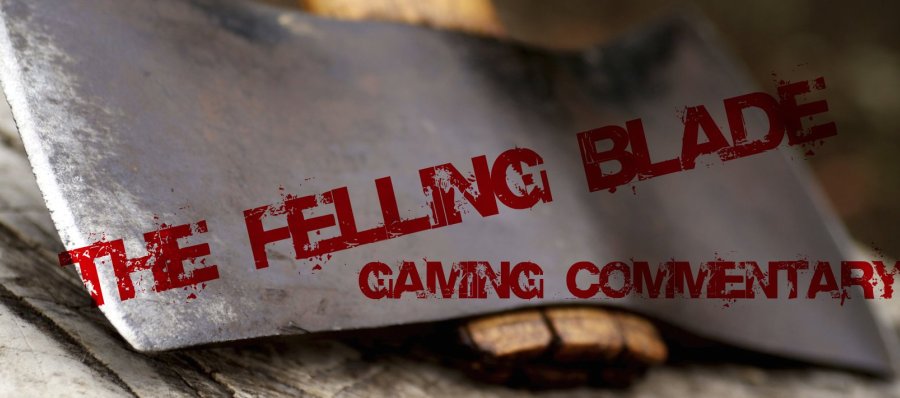In an attempt to post more regularly, I'm going to do my best to have a Monday post about some mechanic I either saw someone linked to, had come up in game in an interesting way, or otherwise caused me to go "Oh, I should write about that."
I don't think anyone who games with me would be shocked by the revelation that I love characters who are connected to world via relationships with people, whether they are enemies or allies, frenemies or dependents, mentors or allies, I like them all.
First of all, they place the PCs in the world, giving them a sense of space, they answer the question "Why don't we just cut our losses and run?" And if the PCs DO choose that options, it says something about them.
The idea of the adventuring band traipsing across the wilderness and defeating evil hasn't appealed to me in many years. I want a community to closely tie my characters to conflicts and give them a reason beyond mere fortune and gold to risk their lives. Risk for your country, your friends, your enemies, risk for a reason beyond avarice, or if avarice is motivation enough, why is it enough to fight and die for? The lone ronin without ties to hearth or family, with no friends holds little interest for me to explore their motivations.
And I understand why players have learned to create such creations, it is too easy to fridge a wife, kidnap a child, and otherwise make them a vulnerability to a character. And many folks play to escape and be strong, not constantly be saving Timmy and the wife from the dastardly deeds, it isn't interesting.
Something to make it interesting is something I saw a while back that Will Hindmarch posted regarding
pre-defining character relationships - he was doing a Dragon Age campaign where the players would be playing 3rd, 5th, and 7th level versions of the same character in the same campaign in various adventures.
It is an interesting concept and something some friends and I flirted with doing in Eberron once upon a time, the idea of telling a story at the 7th level, but having to go tell that tale at 3rd level is neat.
However, I'm digressing from the interesting mechanic. What got me was that these weren't predefined NPCs, they were just random faces; however, after going through the six questions that developed friendships, enemies, romance and other details, they had a body to fit into the existing campaign. For even more complication, I could see easily doing this with each player so one person's friend may be another's enemy. Though that might get a bit TOO insane to track, so instead you need to set-up so some questions for the group, and some for the individual - which allows you the interpersonal drama of having a friend whose purpose is against the group as a whole.
The pre-definition at specific levels only works with this sort of pre-set campaign idea, but I could see using it to give me permission. Instead of "Two of these characters are enemies or rivals by 7th level. No matter how you feel about them, they are opposed to you now. Pick them now," you can instead choose to say
, "Two of these characters will become enemies or
rivals." Don't give a time frame, and thus instead of having a defined
story that might be interesting to play out, you instead have a flag of
permission - you have "I have chosen to have this happen to my
character."
Now my wife may still screech at me for this, but during an
Exalted game I ran she had taken the Merit "Heiress" which was when
her father died she inherited the family business and fortunes. So yes, during
the course of the game her father was killed, albeit brutally, and she was all
"You KILLED my father!" To which I had to reply, "But you wanted
me to, you only got the benefits of the merit once he died, you gave me
permission and told me to kill him!" We still joke about the interchange
to this day; as I do my best NOT to destroy people's families unless it is
evident that they are on the line.
So if you are trying to tie your characters into a setting
(versus the wandering heroes who roll in, clean up/level town and roll on out
into the sunset - a perfectly valid playstyle, just not one I'm willing to run)
and a bit at a loss of what to do, this sort of idea, taking NPCs that are
either formless or established and allowing the players to establish not only
current but the intended arc of future relationships. That allows the players
some guidance to playing to the intended arc of the story.
Enough for now. At some point in the future I'll probably talk about Smallville's relationships versus Dresden Files versus Weapons of the Gods. But I have a backlog of posts to work through first.
